People who don’t get vaccinated against COVID-19 are putting themselves in danger and also are creating a “disproportionate” threat to the health of vaccinated people, even in places with high vaccination rates, says a study published in the Canadian Medical Association Journal.
The study by University of Toronto researchers used computer modeling based on the province of Ontario to predict infection rates when unvaccinated and vaccinated people mixed to varying degrees. The researchers worked in factors such as vaccine effectiveness, baseline immunity among the unvaccinated, and infection recovery rates.
Unvaccinated people were always at a higher risk of infection, the study said. Vaccinated people had lower infection rates when they mixed with other vaccinated people and lower rates when they mixed with unvaccinated people. The study found unvaccinated people enjoyed a lower infection rate when they mixed with vaccinated people because the vaccinated people served as a “buffer,” the study said.
“We found that the choices made by people who forgo vaccination contribute disproportionately to risk among those who do get vaccinated,” the researchers wrote.
“Although risk associated with avoiding vaccination during a virulent pandemic accrues chiefly to people who are unvaccinated, their choices affect risk of viral infection among those who are vaccinated in a manner that is disproportionate to the portion of unvaccinated people in the population.”
The research shows that not getting vaccinated is not just a personal decision, one of the study’s authors said in an interview.
“At the end of the day, this is about collective action. Unfortunately, in a communicable disease system – we’re all connected and that’s why we have to rely on public health for things like this,” David Fisman, a professor of epidemiology at the University of Toronto’s Dalla Lana School of Public Health, told Global News.
“The decision to get vaccinated can’t be framed as just a matter of personal choice because it has implications for the safety of other people in the community.”
Fisman told Forbes the findings support the idea of mandates, vaccine passports and other legal measures to limit unvaccinated people’s access to public spaces. Restrictions have been imposed to limit the spread of other infectious diseases and even prevent people from smoking tobacco in indoor public places, the study noted. Government leaders should consider the study when setting policy in the future, the study said.


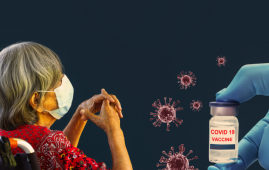
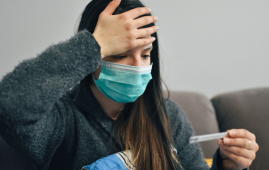
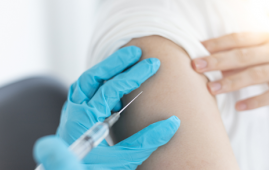

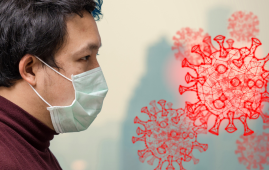
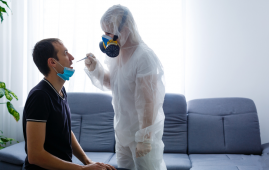

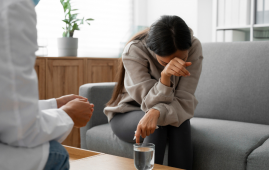

Leave a Comment